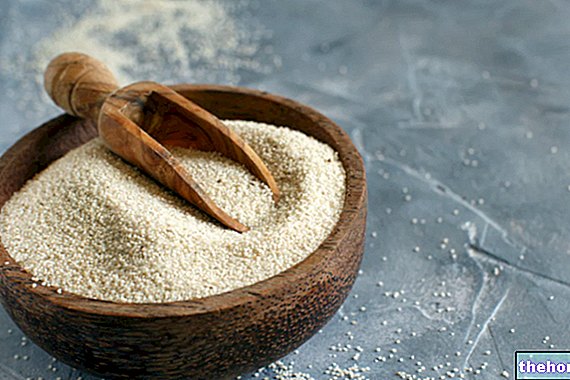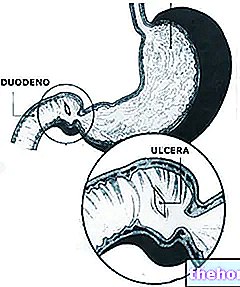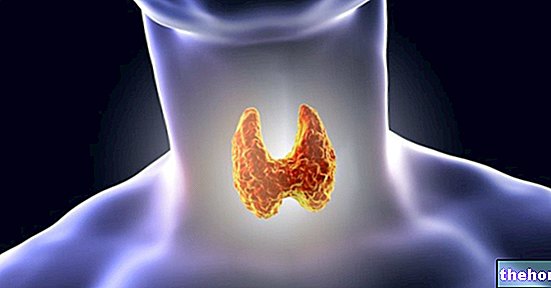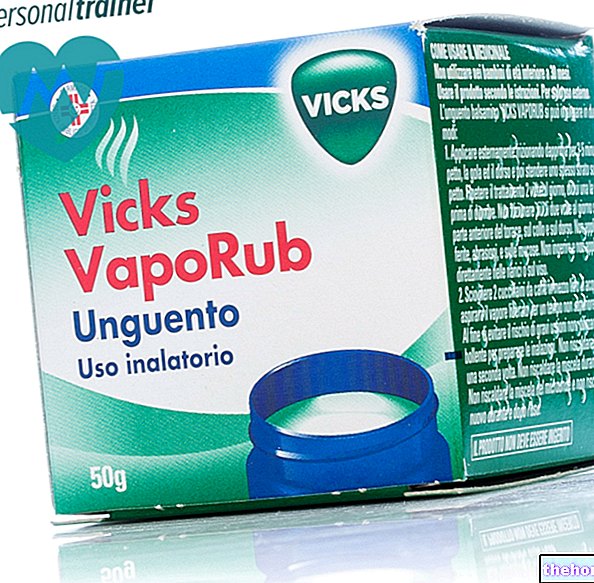Over the years, especially after forty, when a physiological reduction in muscle mass begins, it is easier for the feeling of fatigue or muscle heaviness to appear not only after excessive physical exertion or more demanding work, but also after having performed only simple operations. This condition can reflect on the quality of life. It is therefore essential to change our daily habits to keep the body in good health and have a lot of energy. How? By implementing a series of strategies that involve both food choices, physical exercise and appropriate rest.
necessary to make our body function at its best. It is precisely what we put on the plate that can make a difference on our day, enriching it with energy or taking it away.
If we want to provide a sufficient and balanced supply of nutrients to our body and have vitality and tone throughout the day, it is important to divide the food day into 5 meals (3 main and 2 snacks) and not skip them.
And if a good day starts in the morning, let's not forget to have a healthy and balanced breakfast, because breakfast is the meal that awakens the body from a long night's rest and ensures the nutritional balance of the day, protecting us from glycemic drops and consequent fatigue.
Snacking will allow us to arrive at lunch and dinner less hungry, will help us make the best food choices and will give us that extra touch of vitality.
Lunch and dinner must be complete and well balanced to avoid lengthening digestive times and feeling sleepy after eating. To be healthy, the dish must consist of ¼ complex carbohydrates, especially cereals and preferably wholemeal derivatives. As a source of proteins, which must represent ¼ of the dish as carbohydrates, the consumption of legumes, especially blue fish (mackerel, anchovies, etc.) should be increased because a source of omega-3 and white meat is to be preferred. The dish should be completed with foods that are a source of unsaturated fats and consume those that are a source of saturated fats in moderation.
The balanced presence of the 3 macronutrients together ensures that you have the right blood sugar control, resulting in a greater sense of satiety. It will not affect digestion and there will be no postprandial sleepiness.
The other half of the healthy dish will then be composed of vegetables and fruit to supply us with fiber, vitamins and mineral salts and being these rich in water they will contribute to daily hydration.
It is precisely hydration, in fact, an element not to be underestimated when you feel low, because the feeling of tiredness could be a sign of dehydration. Water plays a vital role as all cellular reactions and physiological processes essential for the correct functioning of the organism takes place thanks to it.
The aforementioned dietary advice applies to everyone, but when you run into particular pathologies, such as: diabetes, cholesterol, renal failure, hypertension, hypertriglyceridemia, it is good to consult your doctor.
Another fundamental and effective strategy for recovering, maintaining or improving energy is practicing physical activity. This does not necessarily mean training every day, but it would be enough to change a few small habits. Using the stairs, going for a walk or cycling, taking the dog to the park and limiting sedentary activities would allow you to have a more active lifestyle. If this is valid for young people, it is even more so for those over 40 and for those over 60.
which can be a valid support to achieve nutritional needs. We know that micronutrients are essential for the carrying out of cellular processes and enzymatic reactions, but there are some vitamins and minerals whose role can be decisive in reducing the feeling of fatigue.Vitamins of the B complex are important for this purpose. The right integration of these vitamins would have positive effects on symptoms because they are involved in the processes of energy production. Several studies underline the relationship between iron deficiency and non-specific symptoms such as tiredness, weakness, headache, breathlessness, dizziness and irritability. Iron , in fact, it contributes to the transport of oxygen and its metabolism requires the coexistence of other molecules such as vitamin B12 and folic acid. Improvements in the feeling of fatigue would also occur after supplementation of vitamin C as it acts by increasing the absorption of iron. The above mentioned seems to suggest the usefulness of accompanying the integration of vitamin B12 with iron and vitamin C, without forgetting the value of magnesium for its participation in energy metabolism.
To learn more: Active ingredients of supplements for a healthy lifestyle at all ages with the right integration where necessary, slowing down the daily rhythms and dedicating yourself a little more to yourself could be the first step for a rediscovered physical and psychological well-being .



























